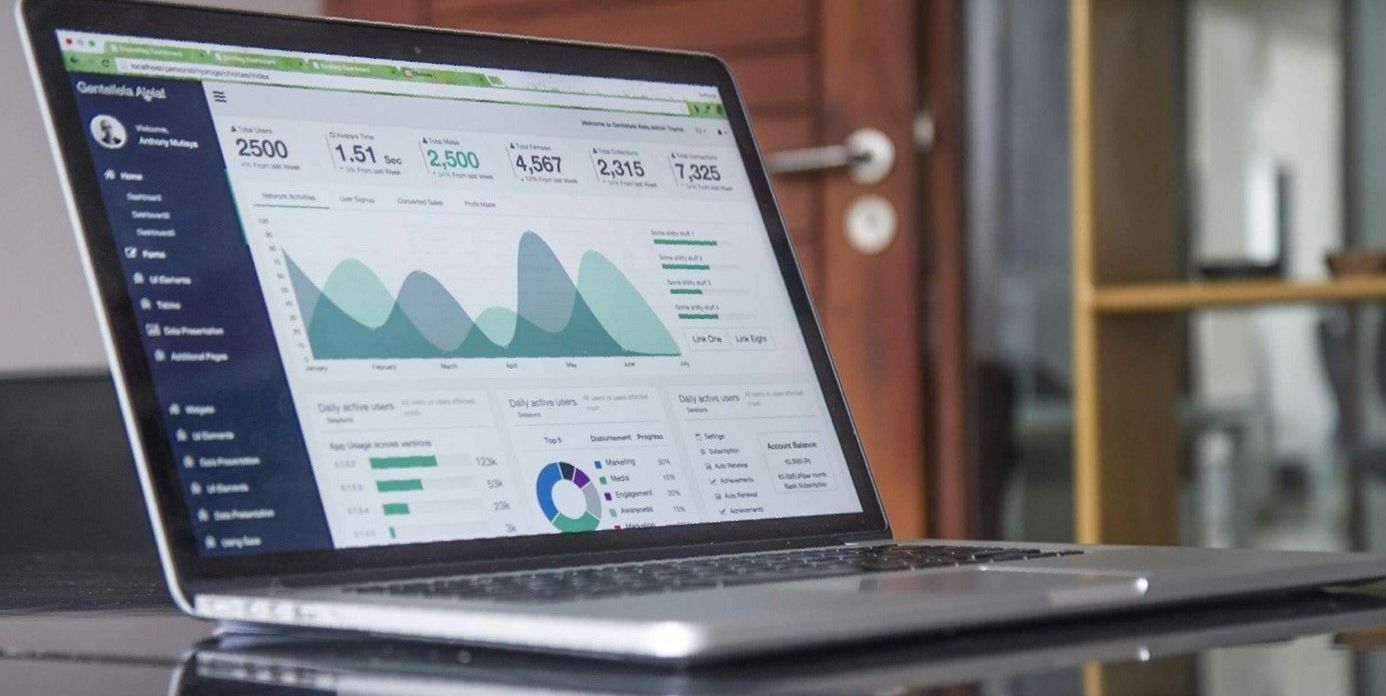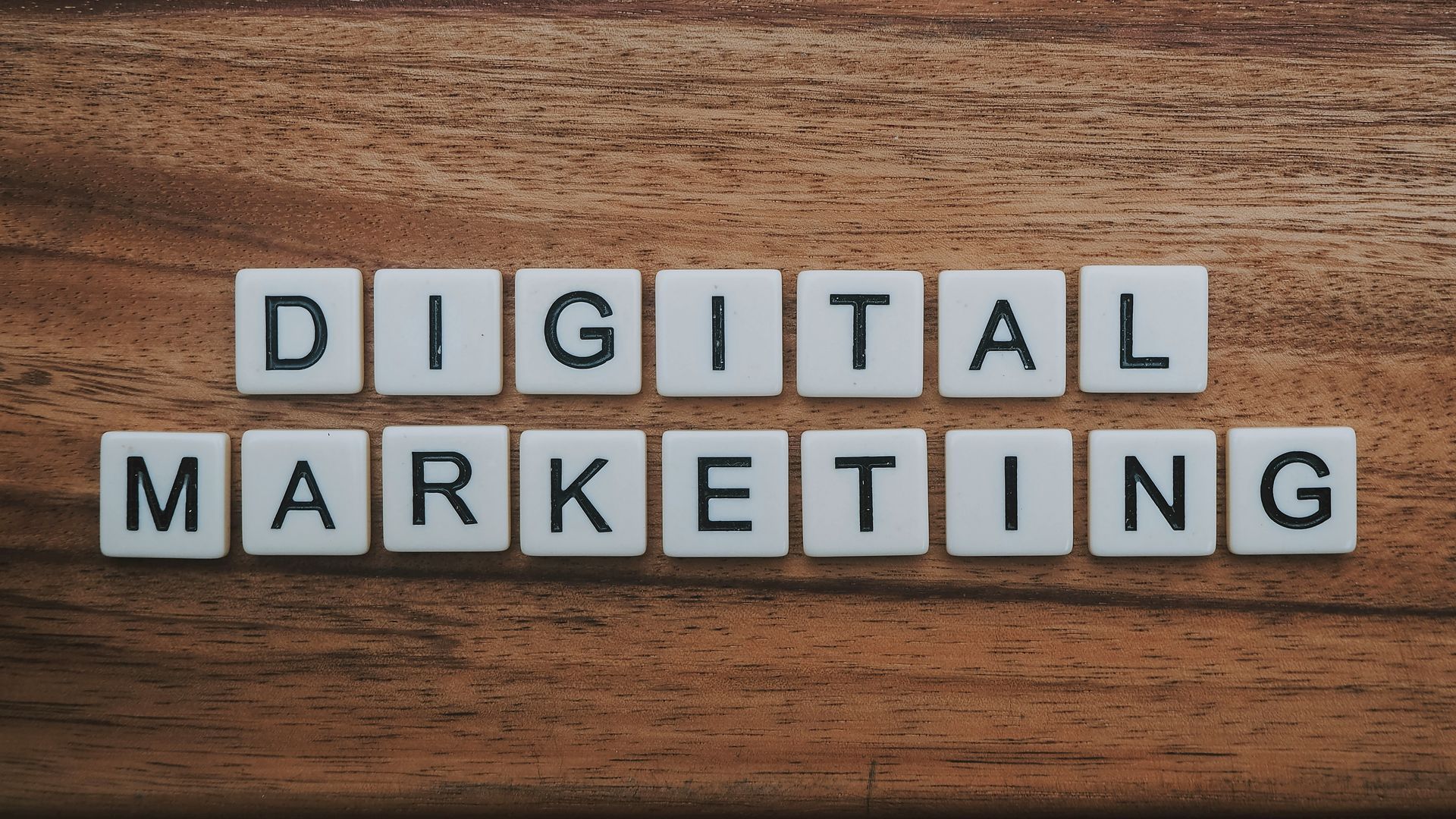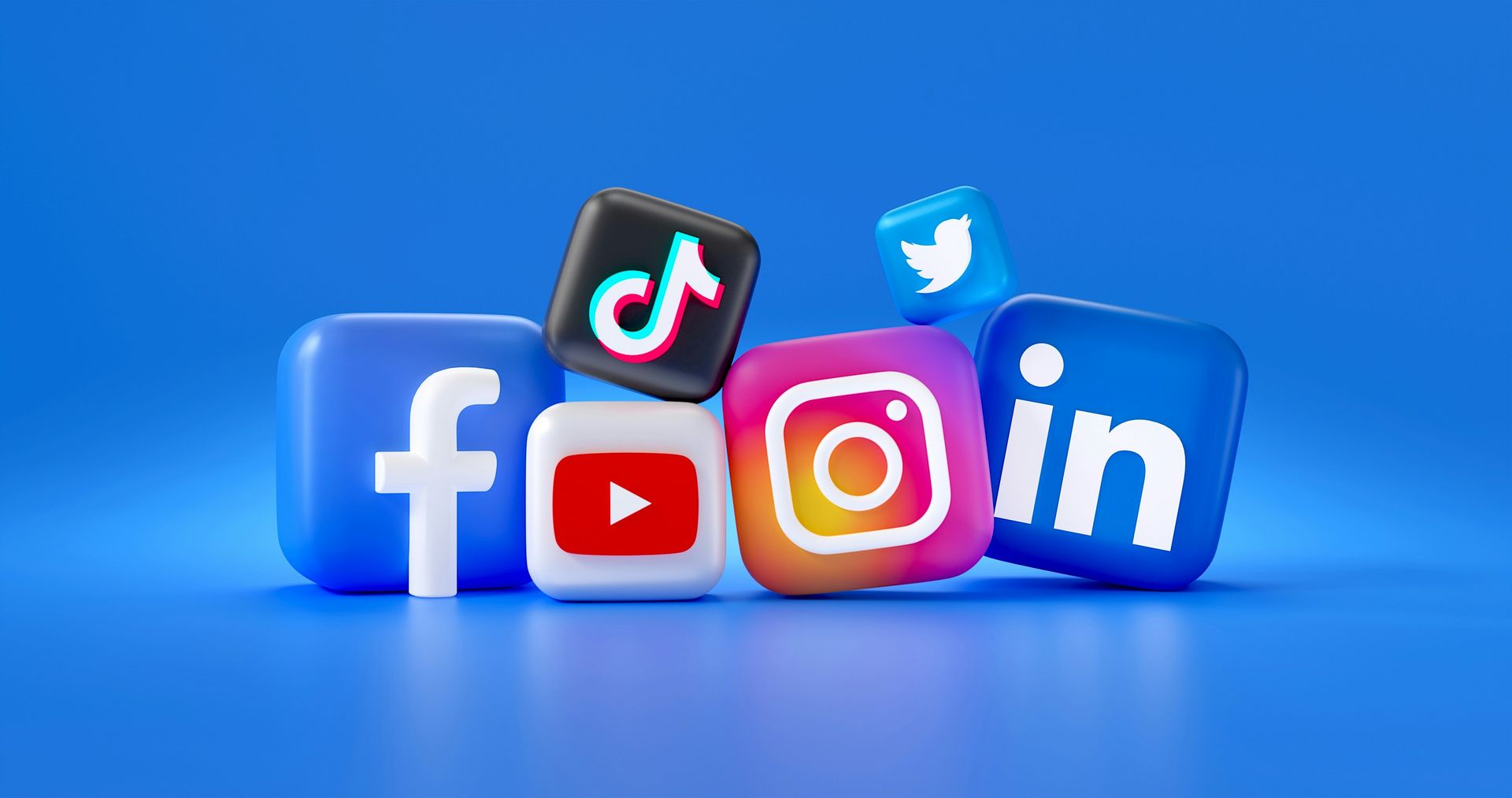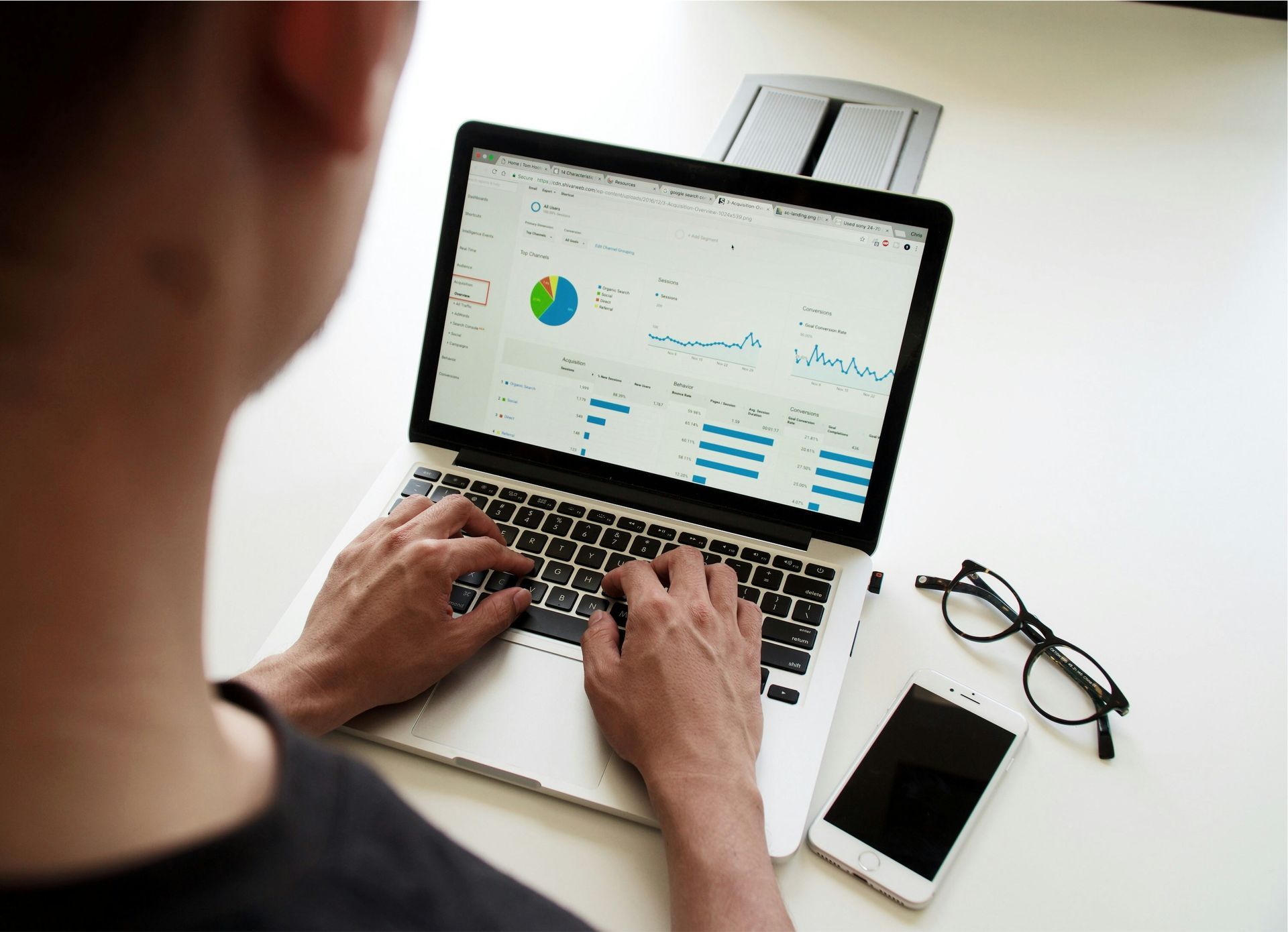How Do Marketing Communication Agencies Use Data Analytics
How Do Marketing Communication Agencies Use Data Analytics

Data analytics has completely transformed the marketing industry in ways that were previously unimaginable. It has equipped marketing communication agencies with powerful tools and insights that enable them to better understand and engage with their target audience like never before. In today's digital age, where consumers are inundated with information and choices, data analytics has emerged as a critical element of successful marketing strategies.
Audience Segmentation
One of the primary advantages of data analytics for marketing agencies is audience segmentation. By analyzing data on demographics, behaviors, and preferences, agencies can divide their target audience into distinct groups. This segmentation allows agencies to create personalized and targeted marketing campaigns for each group, resulting in more effective messaging that resonates with different segments of the audience. By delivering tailored campaigns, agencies can increase engagement and conversion rates, ultimately enhancing customer satisfaction and loyalty.
Performance Tracking
Performance tracking is another key benefit of data analytics for marketing agencies. By monitoring essential metrics such as click-through rates, conversion rates, and engagement rates, agencies can gain valuable insights into the effectiveness of their marketing campaigns. This real-time data empowers agencies to make informed decisions and optimize their strategies for maximum impact. By continuously analyzing and refining campaign performance, agencies can ensure that they are delivering the best possible outcomes for their clients.
Personalization
Personalization is another crucial area where data analytics plays a significant role for marketing agencies. By analyzing customer data and interactions with the brand, agencies can create highly personalized marketing messages and offers that are tailored to individual customers. This targeted approach not only enhances customer engagement but also drives higher conversion rates and customer loyalty. By leveraging data analytics to understand customer preferences and behaviors, agencies can deliver personalized experiences that meet the unique needs of each customer, ultimately leading to increased satisfaction and loyalty.
Predictive Analytics
Predictive analytics is a powerful tool that allows marketing agencies to stay ahead of the competition. By analyzing historical data and trends, agencies can forecast future consumer behavior, market opportunities, and emerging trends. This foresight enables agencies to adjust their strategies proactively, ensuring that they are always one step ahead in the ever-evolving digital landscape. By leveraging predictive analytics, agencies can anticipate changes in consumer behavior and market dynamics, enabling them to make data-driven decisions that drive business growth and success.
Campaign Optimization
Campaign optimization is another critical area where data analytics can drive significant improvements for marketing agencies. By A/B testing different variations of their campaigns and analyzing the results, agencies can identify which strategies are most effective and allocate resources accordingly. This optimization process ensures that agencies are maximizing the impact of their marketing efforts and optimizing return on investment (ROI). By continuously testing and refining their campaigns, agencies can fine-tune their strategies to deliver the best possible results for their clients.
Measuring ROI
Measuring ROI is essential for marketing agencies to showcase the value of their campaigns to clients. By tracking key performance indicators and attributing conversions to specific marketing efforts, agencies can accurately measure the success of their campaigns and make adjustments as needed to improve results. This level of transparency and accountability not only builds trust with clients but also drives continuous improvement in campaign performance. By demonstrating the impact of their campaigns through data-driven metrics, agencies can showcase the tangible results they have achieved and justify their strategies and tactics to clients.
Coclusion
In conclusion, data analytics is a game-changer for marketing agencies, enabling them to create more personalized, targeted, and effective campaigns. By leveraging data to segment their audience, track performance, personalize messaging, predict trends, optimize campaigns, and measure ROI, agencies can drive business growth, meet the evolving needs of their clients and customers, and stay ahead of the competition. Data analytics is no longer just a valuable tool for marketing agencies – it has become a fundamental component of their success in today's digital landscape. By harnessing the power of data, agencies can gain a competitive advantage and deliver measurable results for their clients.
ALL OUR OTHER NEWS:







